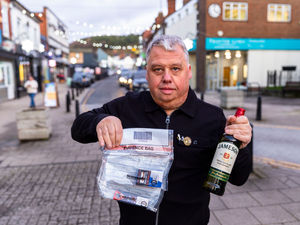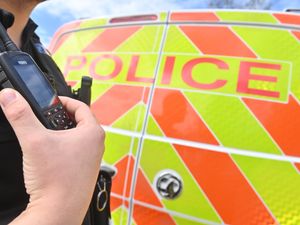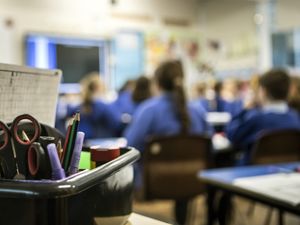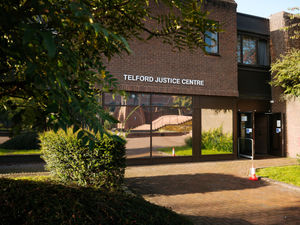25 child sex abuse survivors give evidence to Telford inquiry
Twenty five survivors of child sexual exploitation have provided evidence to an inquiry into abuse in Telford, its chairman has said.
Thomas Crowther QC, the former judge appointed to lead the Independent Inquiry into Telford Child Sexual Exploitation (IITCSE), said 164 witnesses had so far given evidence, but 12 former council employees and 17 ex-police officers or staff had “chosen not to assist us”.
"Large sections" of the report now exist in draft form and it is expected that copies of the report will be sent to relevant parties before Christmas, with full publication planned early next spring.
Mr Crowther added that 1.25 million pages of evidence, the overwhelming majority of it from Telford & Wrekin Council, had been examined.
This was just 15 per cent of all the material submitted, but was what was left once duplicated material had been electronically filtered out.
Mr Crowther said the inquiry team had to be “very careful where there are ongoing investigations”.
The report, he said, would “not be able to comment on current instances” but would aim to “provide a picture of how instances of CSE have changed over the years”.
Delivering a progress update at the Holiday Inn hotel near Telford town centre, Mr Crowther said: “Large sections of the report now exist in draft.
“It’s my intention that, where those sections have levelled criticisms at individuals or organisations, those sections will be sent to key stakeholders for them to comment.
“This process, known as ‘Maxwellisation’ is a key part of the inquiry system.”
He said the target publication date of “early spring next year” was “further away than I had hoped”.
He added: “My efforts continue to be focussed on drafting the report itself, a process that has been going on since late May, but in parallel to that, and even within the last few weeks, we have been given some acutely relevant material from key stakeholders and have continued to see important witnesses.
“Since June, for example, we have seen six more survivors of CSE. I think this illustrates the point that, very often, people wrestle with the decision whether to speak to an inquiry such as this and need time to make that decision.”
He said the inquiry had contacted or attempted to contact 226 witnesses and taken evidence from 164, with three more meetings scheduled for the coming weeks.
Of those 167 people, he said, 25 are CSE survivors, 11 more are family or friends, 61 were from the council and 38 were from the police. The remaining 32 were either individuals or represented other organisations, he added.
Twelve former council employees and 17 ex-police officers or staff had chosen not to work with the inquiry, he said.
As a non-statutory inquiry, IITCSE does not have the power to issue witness summons.
Turning to the documentary evidence, Mr Crowther said: “We did identify early on that a large tranche of documents were duplicates, and I made a decision to use de-duplication software to sort this material on a cost-effective basis.
“The de-duplication process served to remove actual duplicate copies of documents leaving a single copy for human review.
“For example, where a document has been copied but the copy has annotations written on it, both have been retained for human review.
“The classic example of how this works is with regard to email; where the distribution list had 10 people we might have had 10 copies of every email in the chain.
“If we hadn’t de-duplicated we would have had the prospect of different members of the team spending valuable time looking at the same piece of material again and again.
“The process was effective. It removed 85 per cent of the documents it examined and we are confident those were duplicates.”
Despite being in the report drafting stage, Mr Crowther said, the inquiry is continuing to see witnesses.
“I am not making a call for evidence at this stage, but I am mindful of our core duty in this case and we will not, even now, turn away a witness who wishes to speak to us, particularly a CSE survivor,” he said.




